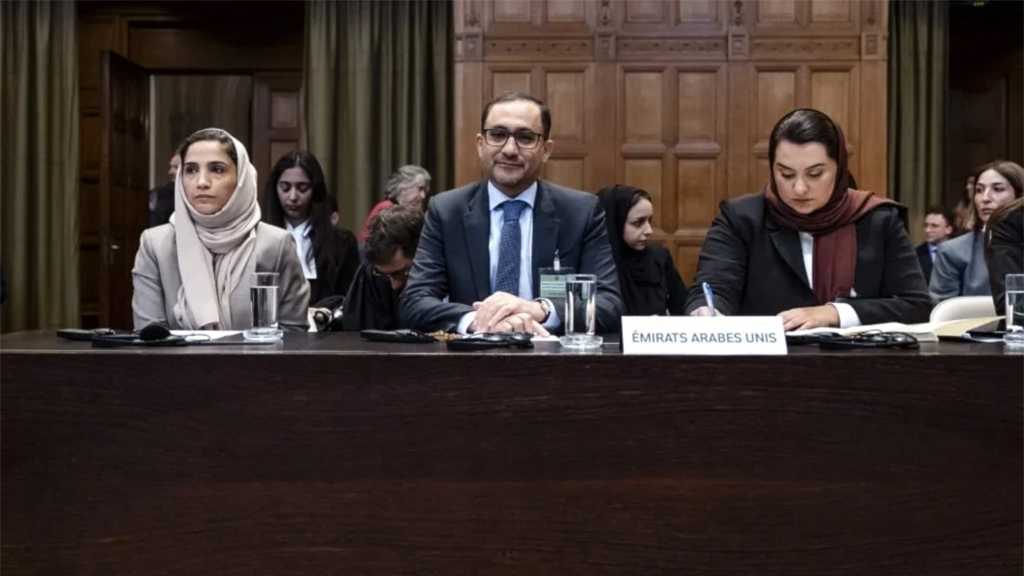How Far Does Saudi Arabia’s Influence Go? Look at Nigeria

Local Editor
How far does Saudi Arabia's religious influence extend beyond its borders?

Let's look at northern Nigeria, home to a huge but diverse Salafist movement and the extremist group Boko Haram.
There is no question that Saudi Arabia had significant influence over the development of Salafism in northern Nigeria. One of the key movers in early, proto-Salafist activism in northern Nigeria was Abubakar Gumi, a senior judge and skilled preacher who supervised the creation of the mass-based, Salafist-leaning Izala movement in 1978.
Gumi had a lifelong relationship with Saudi Arabia, representing northern Nigeria at meetings of the Saudi-founded Muslim World League in the 1960s, serving on the consultative council of Saudi Arabia's Islamic University of Medina in the 1970s and receiving the King Faisal Prize in 1987. Gumi and Izala received significant financial support from Saudi Arabia.
Another, more recent Salafist leader in northern Nigeria was Jafar Mahmud Adam. He began his career as a young preacher in Izala, graduated from the Islamic University of Medina in 1993 and returned to Nigeria to pioneer a more independent and more globally attuned form of Salafism.
In the process, he won a mass audience and helped propel a circle of other preachers, many of them also graduates of Adam's alma mater, into influential positions as preachers and government officials. Adam regularly invoked his learning in Medina as part of the foundation for his religious authority. For much of his later career, he also received financial support from al-Muntada al-Islami Trust, a London-based charity with ties to Saudi Arabia.
If the Salafist movement in Nigeria has relatively strong ties to Saudi Arabia, it may be surprising that Boko Haram has extremely weak organizational ties to the kingdom. Whereas Gumi and Adam had lifelong, public contacts with the kingdom, Boko Haram has been led by figures who were trained almost entirely within Nigeria.
However, the group has intellectual ties to the kingdom. Boko Haram's founder, Muhammad Yusuf, visited Saudi Arabia for pilgrimages and spent a brief period of self-imposed exile there in 2004. Though, Yusuf's successor, Abubakar Shekau, had even less contact with Saudi Arabia. Meanwhile, Adam - although he had mentored Yusuf during the early 2000s - publicly repudiated Boko Haram by the mid-2000s, drawing on his credentials from Medina to paint Yusuf as an ignorant opportunist.
There has been some suspicion that al-Muntada al-Islami Trust funneled money to Boko Haram in the early 2000s to help the group prepare for "jihad". At the same time, though, Yusuf claimed religious authority partly on the basis of his interpretations of senior Saudi scholars' views showing that Saudi Arabia influenced the movement's worldview.
The careers of Gumi, Adam and Yusuf all involved multiple factors. It is unlikely that Gumi would have embraced anti-Sufism without his long experience in British colonial schools; he began to question the religious authorities around him by the late 1940s, well before he ever left Nigeria. It is unlikely that Adam could have become so prominent and independent without the broader transformations that occurred in Africa's politics and media landscape in the 1990s, which allowed young Muslim preachers to build mass audiences by distributing their sermons through technologies such as cassettes and CDs. Yusuf, meanwhile, probably benefited from the early patronage of political elites in Borno, his home state. For all three men, local ties were just as important as transnational ones.
Support from Saudi Arabia has boosted the careers of certain religious leaders on the continent, increasing their opportunities, funding and stature.
Sometimes, Saudi Arabia is neither arsonist nor firefighter, but simply one factor among many in shaping the religious lives of Muslims around the world.
Source: WP, Edited by website team




